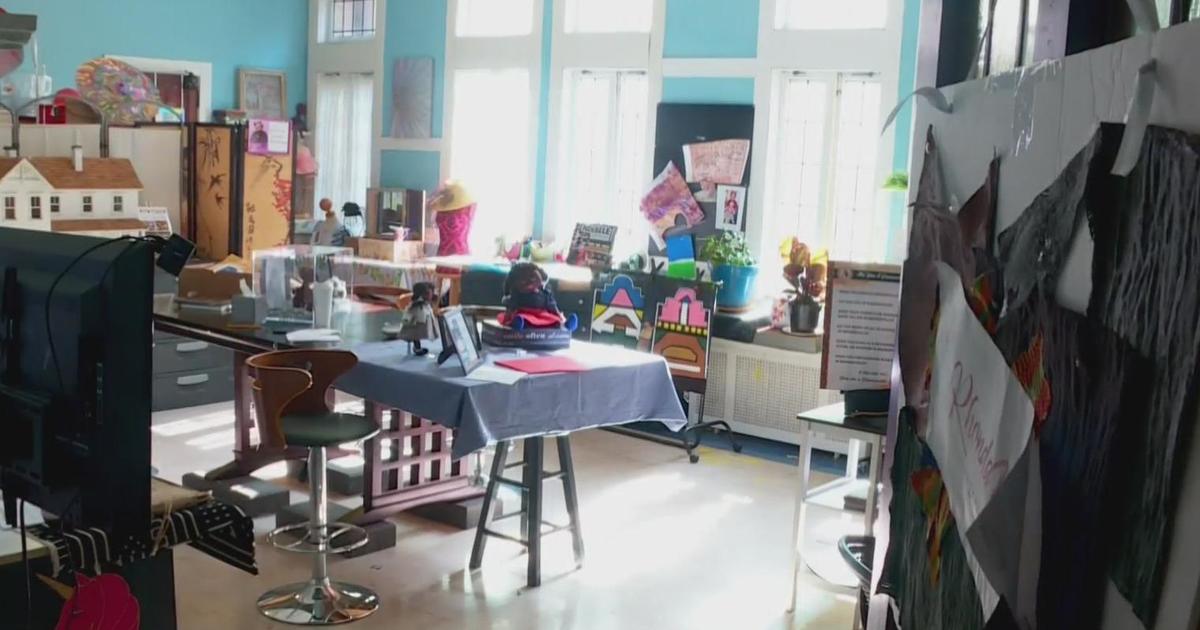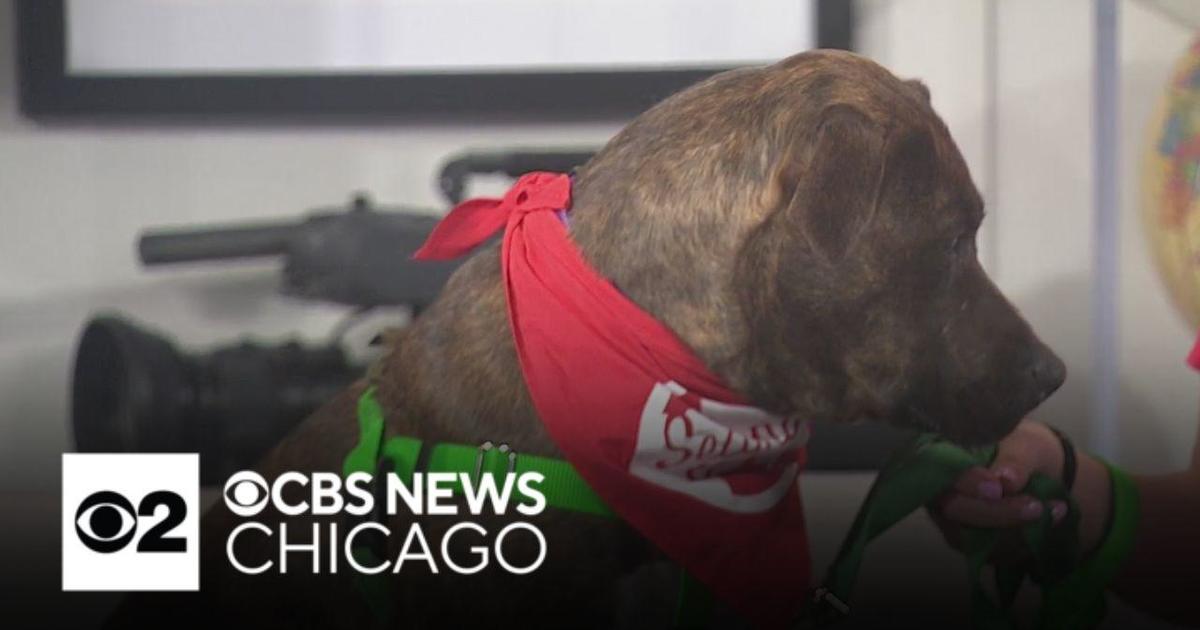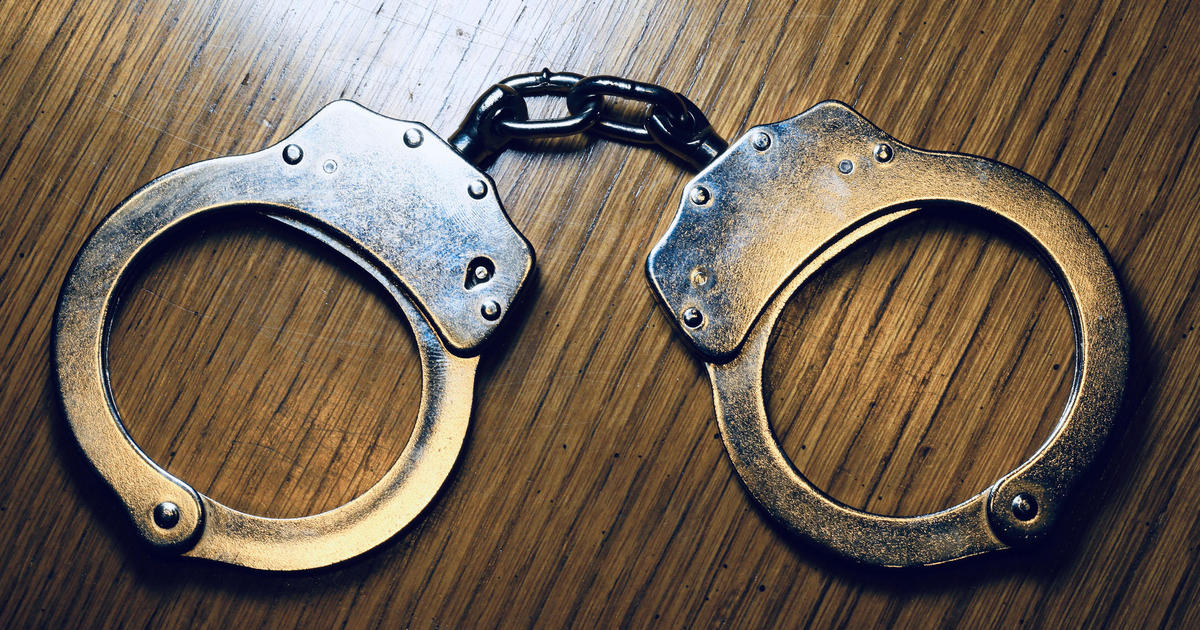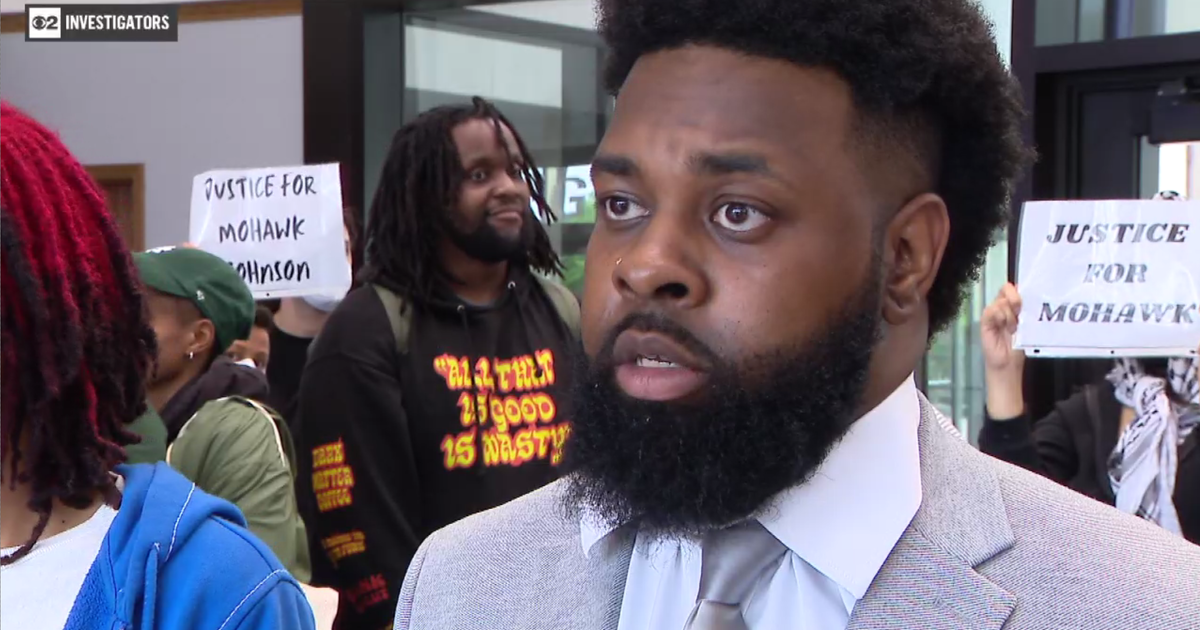With 'Positive Loitering,' Residents Gather To Send Messages To Criminals
(CBS) -- In a city the size of Chicago, with an estimated 70,000 gang members, you can probably find gang activity in just about every neighborhood.
What you'll also find is residents fighting back, trying to stop the spread. They're helped by community policing in Chicago, or CAPS, which stands for Chicago Alternative Policing Strategy.
CBS 2's Dorothy Tucker took a ride with a CAPS officer on Thursday.
"Sometimes, when graffiti pops up, if it's then been written over by another gang, that's a way that they can tell that there are gangs active in the area," says Sgt. Kristin Munin.
Munin patrols the 17th District. It includes parts of Albany Park, Irving Park, Avondale, and Sauganash.
As a CAPS officer, Munin makes sure residents know about the hot spots and other signs of trouble.
"You might notice that somebody new has moved in and now there's all sorts of different foot traffic coming and going," Munin says. "That would tell us to make sure to have surveillance in the area because there might be drug activity."
Alerting police to everything is the number one piece of advice. People like Misha Mann listen. She's a member of the Residents of Irving Park.
"When graffiti happens I report it. My neighbor reports it. Emails go out, there's a lot of great communications going on," Mann says.
It doesn't mean the neighborhood is graffiti-free, but neighbors try to get it removed as quickly as possible. They also stay on top of other problems by targeting trouble spots like abandoned homes.
"One of the neighbors reported some people were coming in and had actually broken into the home and were doing illegal activities," Mann says.
So they staged what's called "positive loitering" -- neighbors, families children hanging out to send a message to the gangs.
The Residents of Irving Park hold a "Positive loitering" event every month. Each time they pick a different location where a business owner or neighbor has complained about a problem.
"We don't want them to think this is their community, that this is their turf. We're the ones who pay taxes and we we want them to know we want to keep it that way," Mann says.



